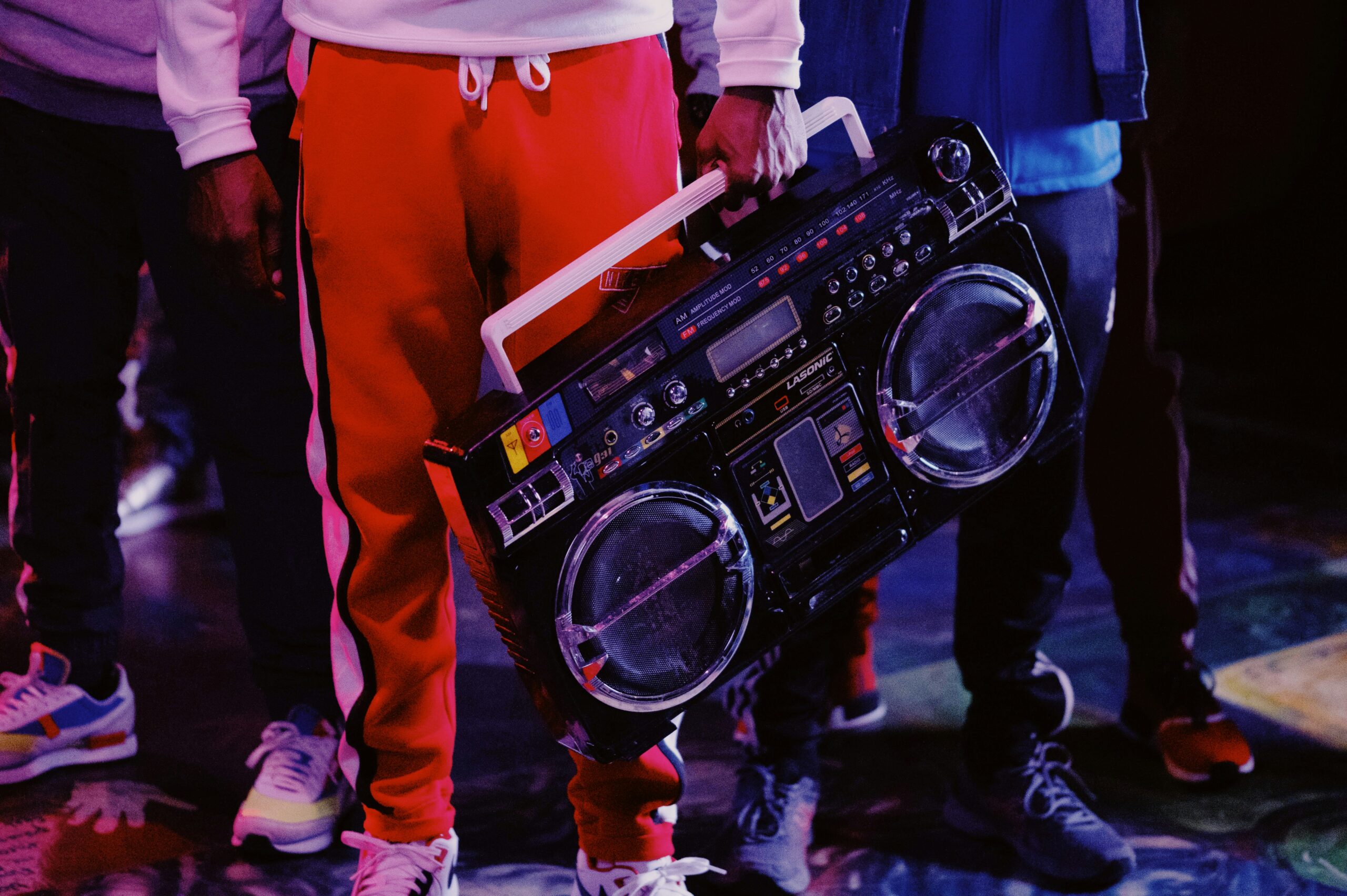Picking up where we left off last week, with my interview of local actor and Durango High School theater teacher Ben Mattson. (To read Part I of the interview, go to DGOmag.com.):
What’s the most positive thing about acting for you?I don’t know how to describe it, exactly. I can feel really strongly about a performance, but there’s another level beyond that when you can literally feel that you have the audience in your hand. When that clicks in, it’s a pretty amazing feeling, that everyone is right here and you can manipulate that and control it.
What’s the worst part about doing theater?Theater’s very emotionally, energetically, physically taxing – and all of that is actually great. It’s why I love theater. But because it’s so collaborative and collective, you don’t get to do it just when you want to. Like, if there’s a show and you just don’t feel like doing a show today, you still have to do the show and do it like you really want to do it … that … day.
What does everyone think about actors/theater that is either true or not true?I feel like I live in such a theater bubble that I don’t know if I have a real concept of what people think. I think there’s a pretty strong perception that people who perform are naturally extroverted. There’s a lot – and I would count myself in this group – of really dynamic performers onstage who tend to be quite shy and introverted and socially awkward in real life … I think it would be surprising to people how many actors that they see onstage that are big and alive and dynamic, how small and quiet they might be in real life.
What else is true or not true about theater?I think the iceberg metaphor is really appropriate. You see this little tip of it that’s really put-together and very polished and (a show) seems almost easy. But there’s so much work and energy and failed attempts at things that go into a production. The coordination of so many elements coming together to show this tiny tip of the iceberg.
Like what?It’s every facet of it. You see a set: Someone could think, “Oh, I could build that.” But it’s so much more than that. It’s someone reading through and analyzing a script, not only for its function but also what can you artistically bring to the table. How can the set tell the story, too? And there’s renderings and drawings and draftings and models that are built, and all of those have a rough draft, then several revisions, and a final draft to build. That’s the same with the lighting and how that unifies with the set. That’s a gap that has to be bridged. Same with costumes. It starts with analyzing the play, analyzing the characters. And what is the world of the director’s vision and how is that incorporated into the set, and the lighting; how does that affect the costumes? How do we fill the world with props? So when it all comes together, it seems so unified and easy. It makes sense. But it starts [makes shape of an iceberg with his hands] – I keep making icebergs [laughs].
What else about theater is true or not true?I’m at a loss. What are some perceptions that you have?
Cast members hook up.I think it’s like anything. There are a lot of people in theater that are very interested in hooking up. I think it’s dependent on the person. I think there are a lot of bank tellers interested in hooking up. Humans, on a spectrum, are interested in hooking up. I think the thing about theater that makes that stereotype seem true … it takes so much of your time and energy and focus, especially if you’re doing summer theater. The people you work with are the people you see every day for countless hours, and it’s hard to get outside that bubble. So it does become hard to find connections outside of that. So if you’re someone who’s looking to hook up, it’s hard to look outside of that bubble when you’re in it.
Other perceptions: There are no inhibitions backstage. Everyone’s in a state of undress. Everyone’s seen each other naked.To varying levels, that’s sort of true. Because you have to change backstage; there’s quick changes that have to happen like in tight corners and stuff. It does sort of warrant a loss of those inhibitions. I would say there’s some truth to that, but it’s not every show, every cast.
What’s your favorite job in theater, whether it’s acting, directing …They all have their perks. I think my favorite, favorite place in the process of theater is when I’m an actor in the rehearsal process … I like performing for audiences as well, but there’s something really magical about the process of putting it all together that really feeds me. The performance doesn’t feed me as much as the process of building it.
Which is why I like directing, because it’s all process. Once it’s open, my job as a director is over, that moment to really see the performers take it as their own and really take ownership of the production. It’s that moment of letting the wounded bird fly. Not that they’re wounded birds … but kind of [laughs]. Just like something you’re trying to care for and nurture and build into something that can stand on its own to let it flourish and let go of it is a really beautiful feeling to sort of sit back and watch it fly.













